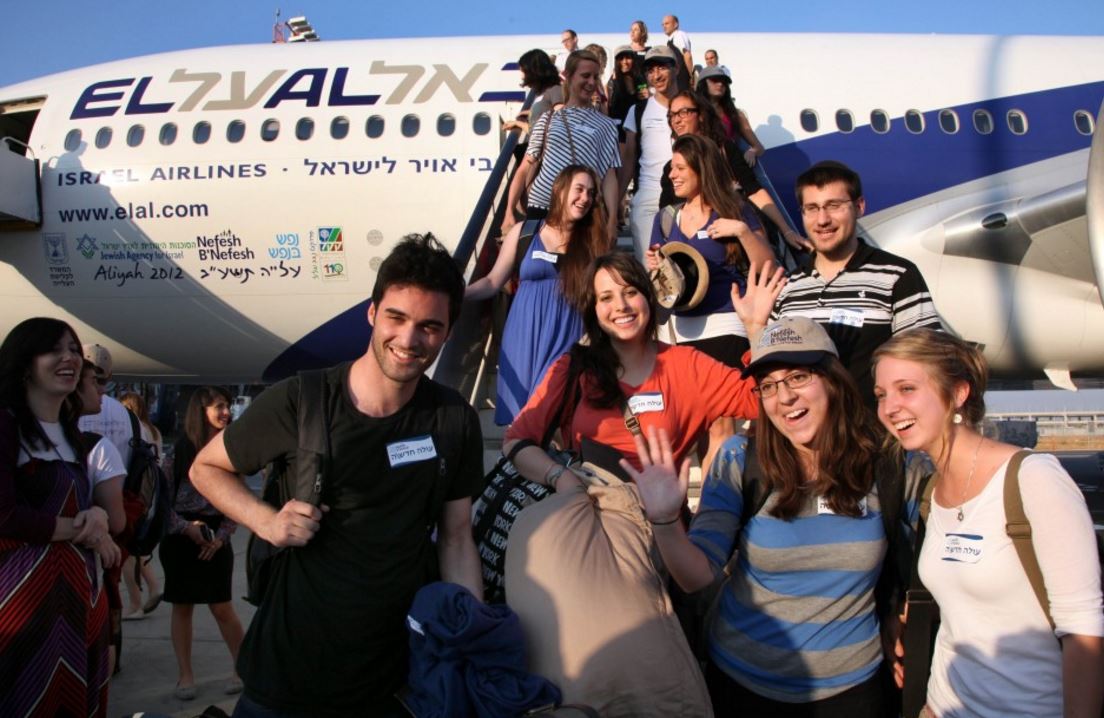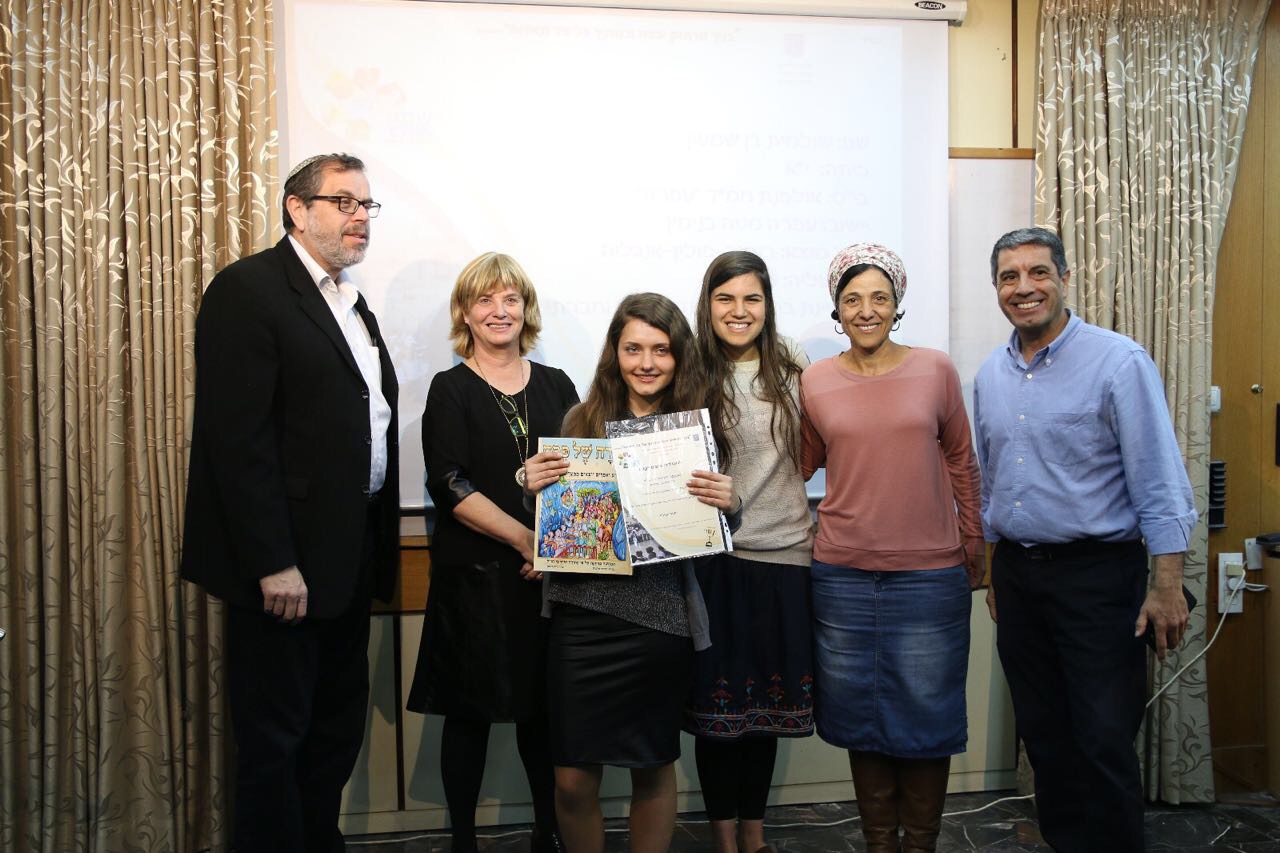Bereisheet (In the Beginning) Genesis 1:1 – 6:8
We begin the cycle again. Last weekend we celebrated Simchat Torah and read the final chapters of Deuteronomy with special ceremony. We then proceeded to read the first chapter of Genesis, as a way of saying that the Torah never ends, but every ending includes with it a new beginning.


